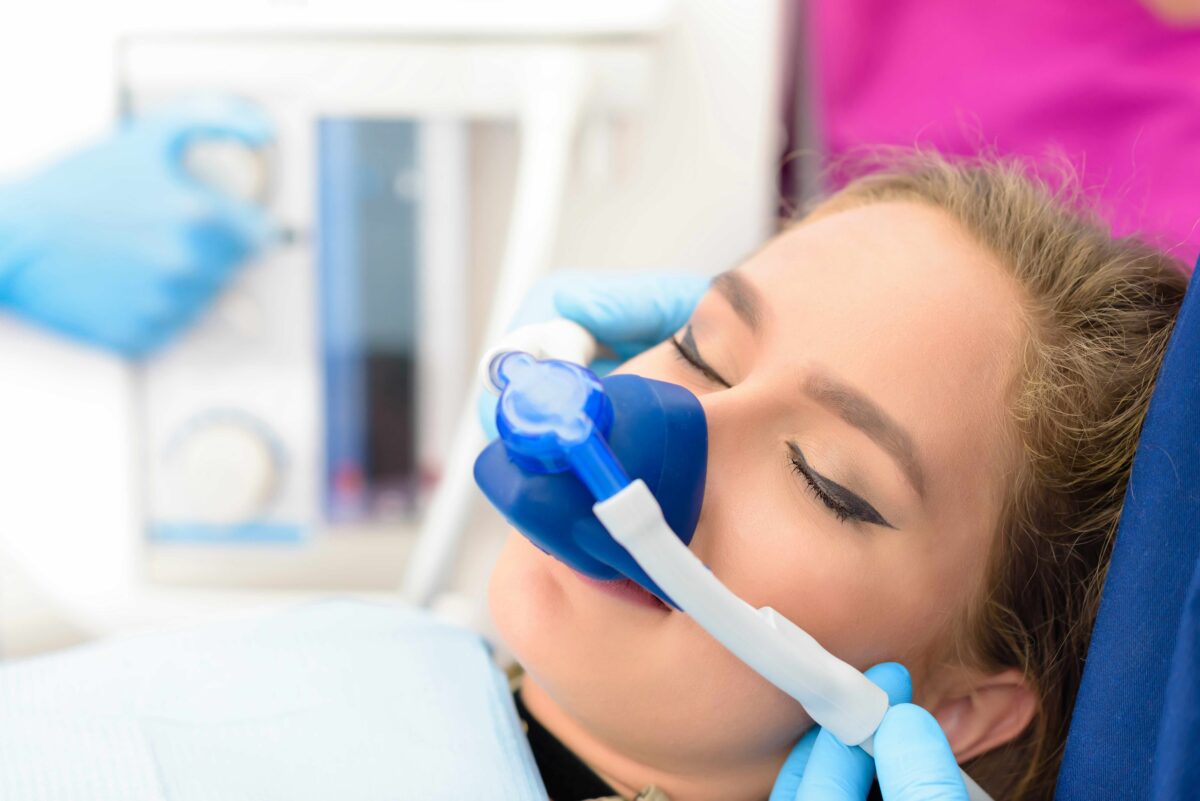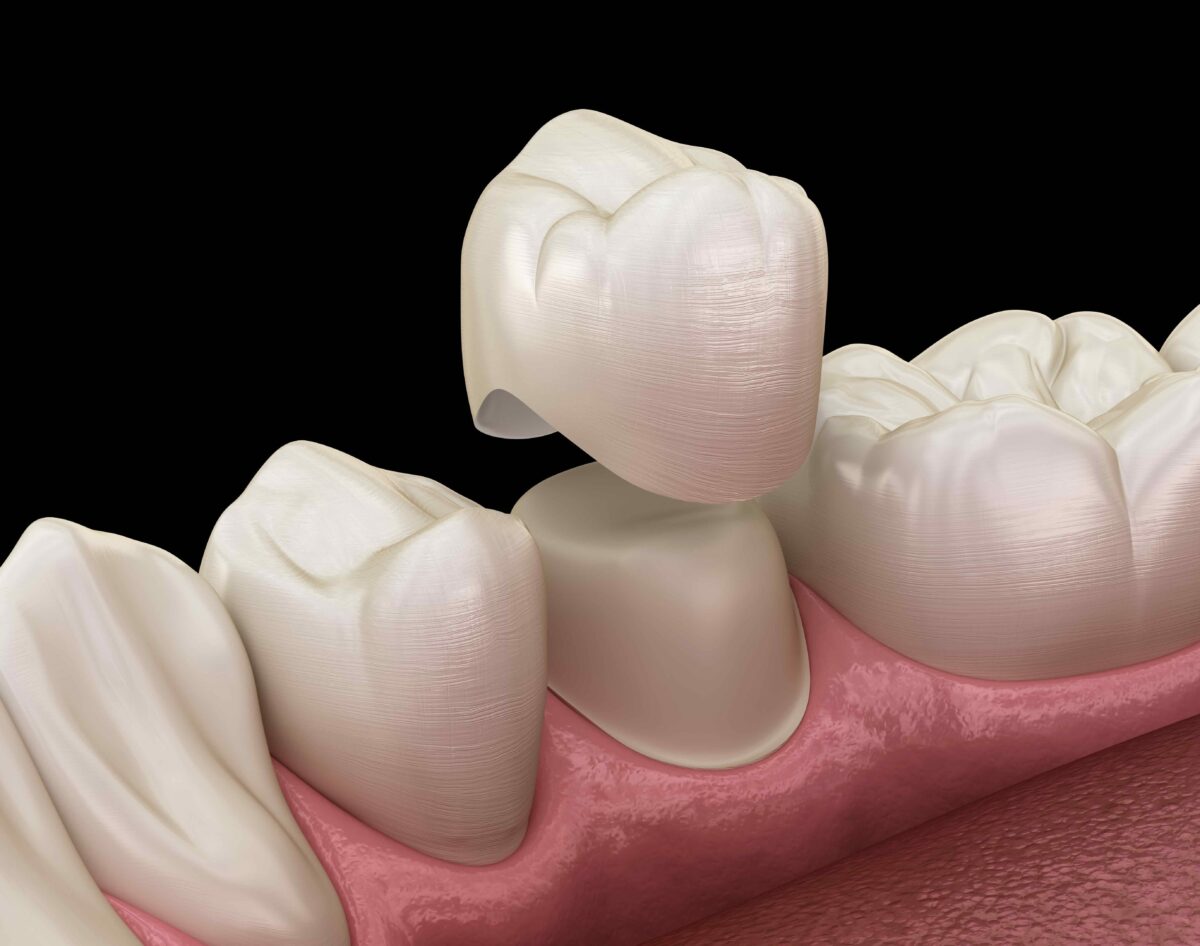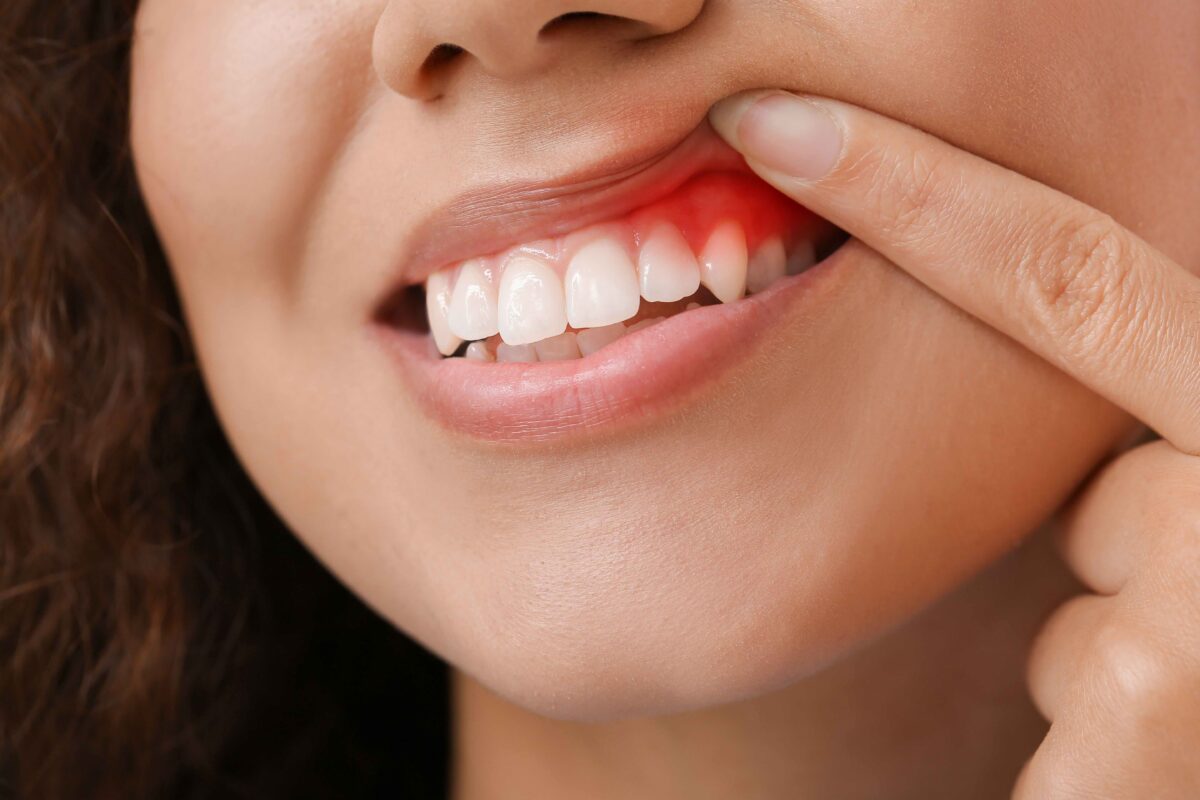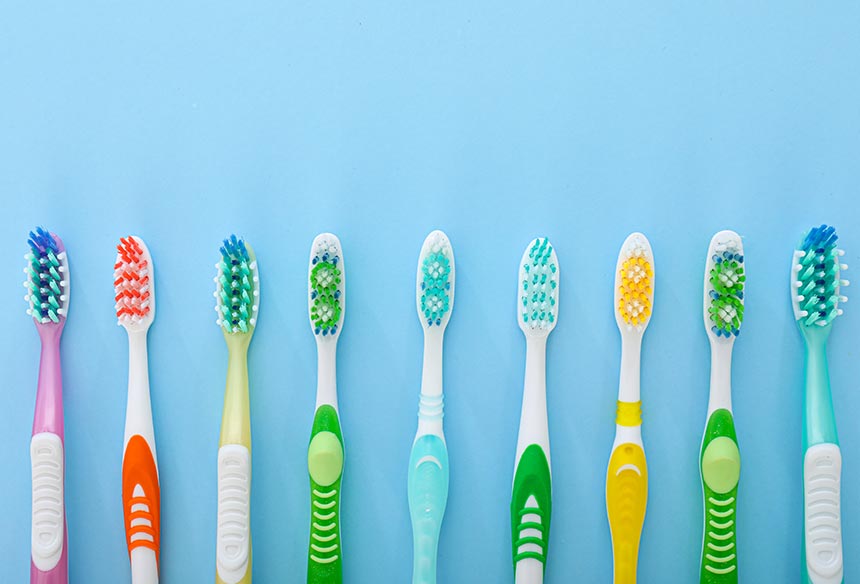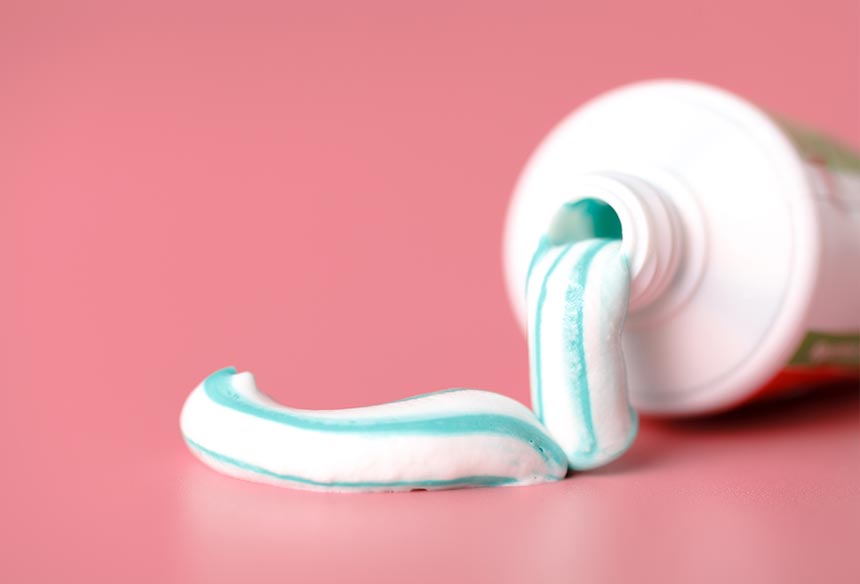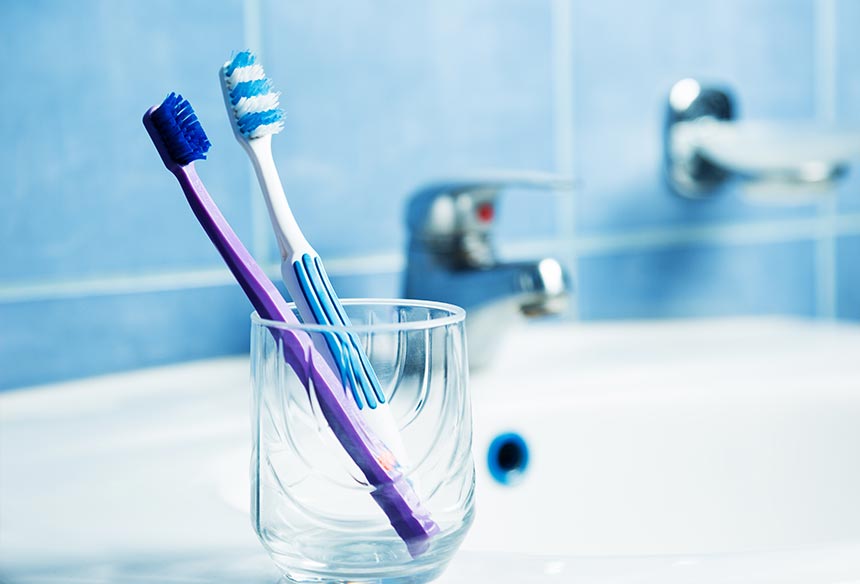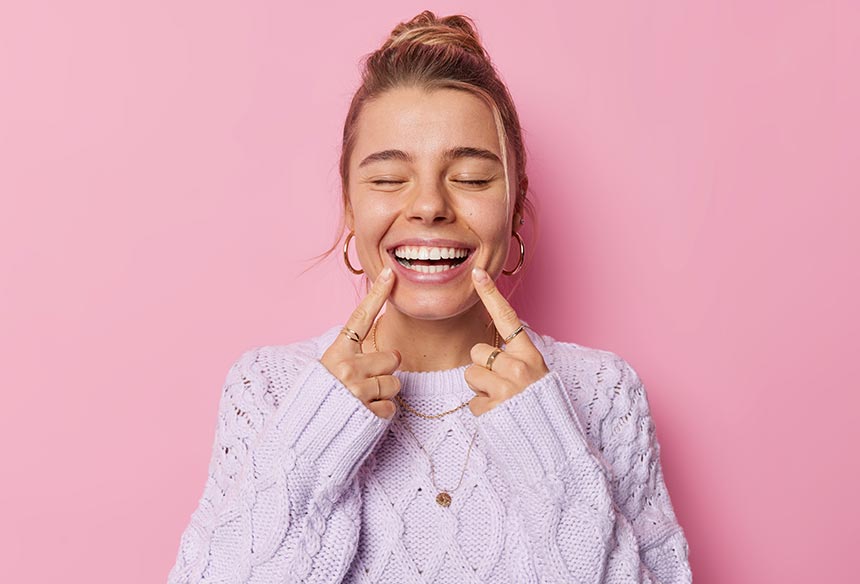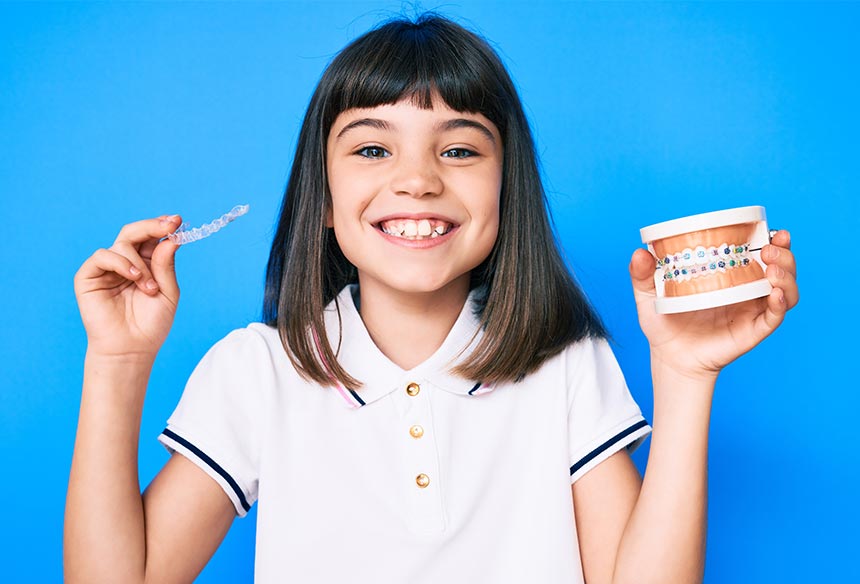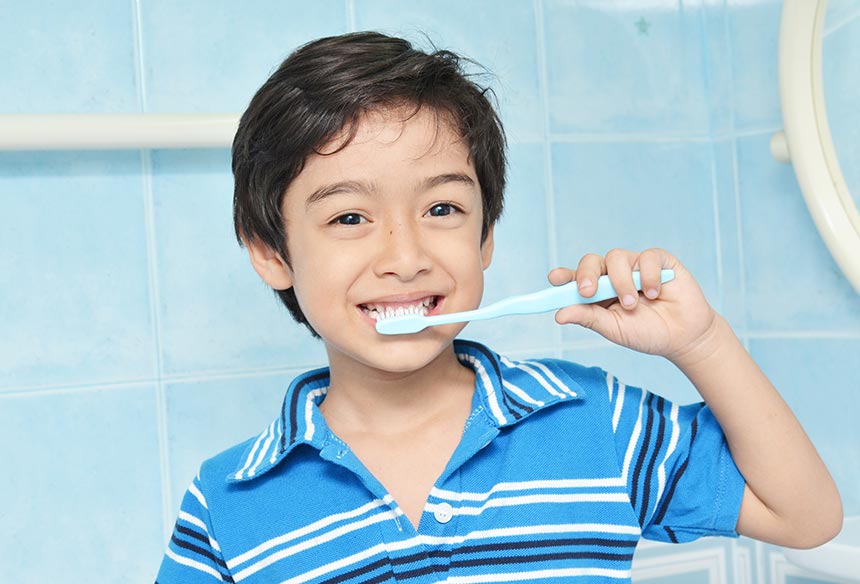Sedation Dentistry: Relaxing Your Way to a Healthier Smile in Colorado Springs, CO
For many people, the thought of visiting the dentist can bring about feelings of anxiety or fear. Fortunately, sedation dentistry provides a comfortable and stress-free way to receive the dental care you need. At Cheyenne Mountain Dental Care in Colorado Springs, CO, we offer various sedation options to help you feel at ease throughout your visit. Let’s explore how sedation dentistry can transform your dental experience and help you achieve optimal oral health.
What is Sedation Dentistry?
Sedation dentistry involves using medication to help patients relax during dental procedures. This can range from minimal sedation, where you are awake but calm, to deeper sedation, which may allow you to drift off or not remember the procedure. Sedation is commonly used for:
- Patients with dental anxiety or phobia
- Those with a low pain threshold
- Individuals undergoing lengthy or complex procedures
- People with a strong gag reflex
- Patients who struggle to sit still for extended periods
With sedation dentistry, your Colorado Springs, CO dentist can provide gentle and effective care while you remain relaxed and comfortable.
Types of Sedation Dentistry
At Cheyenne Mountain Dental Care, we offer several levels of sedation to accommodate different patient needs:
- Nitrous Oxide (Laughing Gas): This is a mild form of sedation inhaled through a mask placed over your nose. Nitrous oxide helps you feel relaxed and calm during the procedure, and the effects wear off quickly, allowing you to resume normal activities afterward.
- Oral Sedation: For a deeper level of relaxation, oral sedation involves taking a prescribed sedative pill before your appointment. You will remain awake but in a deeply relaxed state, and many patients report remembering little to nothing about the procedure.
- IV Sedation: This form of sedation is administered directly into the bloodstream through an IV, allowing for immediate and customizable effects. IV sedation is ideal for patients with significant dental anxiety or those undergoing extensive procedures. With IV sedation, you may feel very relaxed and even fall asleep during your treatment.
- General Anesthesia: For certain cases, general anesthesia may be recommended. This puts you in a completely unconscious state, making it suitable for more invasive procedures or for patients with extreme dental anxiety. General anesthesia is usually performed in a hospital or surgical center setting.
Benefits of Sedation Dentistry
Sedation dentistry offers numerous benefits for patients who may otherwise avoid dental care due to fear or anxiety. Some of the primary advantages include:
- Reduced Anxiety: Sedation helps alleviate dental fears, allowing you to receive necessary treatment comfortably.
- Pain Relief: Sedation can significantly reduce or eliminate pain, making even complex procedures easier to endure.
- Efficient Treatment: With sedation, your dentist can often complete multiple procedures in a single visit, reducing the need for return appointments.
- Enhanced Comfort: Sedation minimizes discomfort and helps patients with sensitive teeth, a strong gag reflex, or other concerns stay relaxed.
Is Sedation Dentistry Safe?
Sedation dentistry is a safe and effective solution when administered by trained professionals. At Cheyenne Mountain Dental Care, we carefully review your medical history, discuss any medications you are currently taking, and monitor you closely during the procedure. Our team is committed to ensuring your safety and comfort every step of the way.
Who is a Candidate for Sedation Dentistry?
If dental anxiety, fear of pain, or difficulty sitting still prevents you from receiving the dental care you need, you may be a good candidate for sedation dentistry. During your consultation at our Colorado Springs, CO office, we’ll discuss your concerns and determine which sedation option best suits your needs.
Experience Comfortable Dentistry at Cheyenne Mountain Dental Care
Don’t let dental anxiety stand in the way of a healthy smile. At Cheyenne Mountain Dental Care, we’re here to make your visit as comfortable and stress-free as possible. Contact us today to learn more about our sedation dentistry options and schedule an appointment. Let us help you relax and enjoy the benefits of a beautiful, healthy smile in Colorado Springs, CO.
Take the first step toward a positive dental experience. Trust Cheyenne Mountain Dental Care to provide gentle, compassionate, and personalized care with sedation dentistry options tailored to you.

